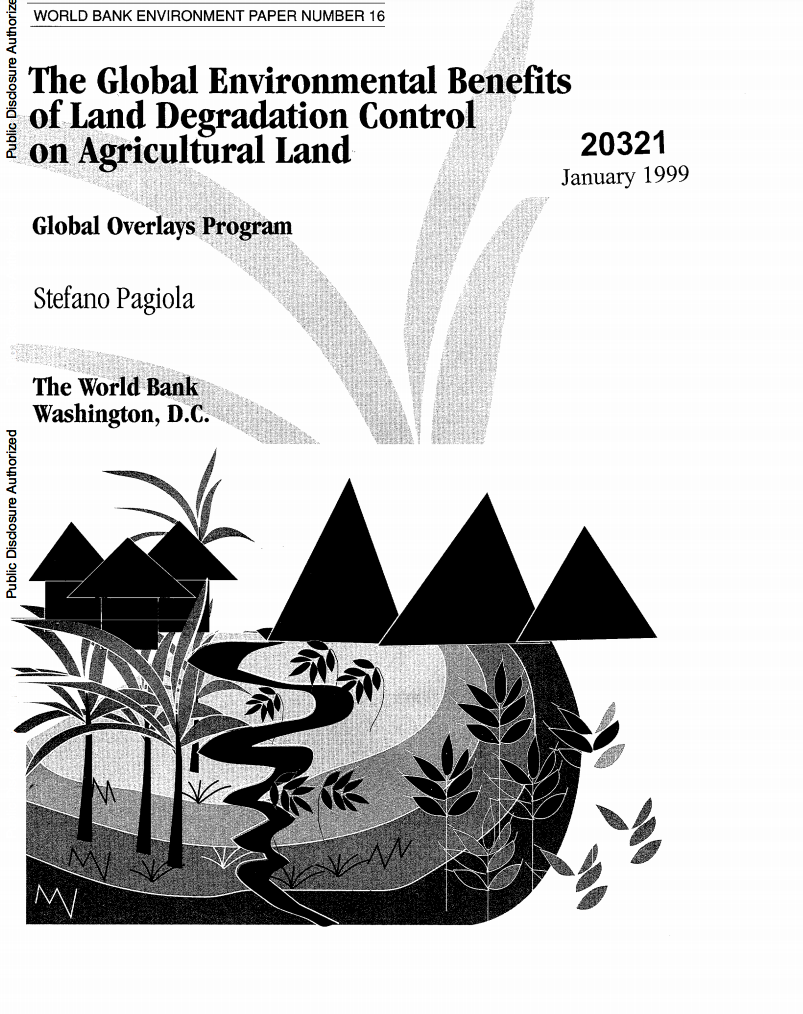What is AGRIS?
AGRIS (International System for Agricultural Science and Technology) is a global public database providing access to bibliographic information on agricultural science and technology. The database is maintained by CIARD, and its content is provided by participating institutions from all around the globe that form the network of AGRIS centers (find out more here). One of the main objectives of AGRIS is to improve the access and exchange of information serving the information-related needs of developed and developing countries on a partnership basis.
AGRIS contains over 8 million bibliographic references on agricultural research and technology & links to related data resources on the Web, like DBPedia, World Bank, Nature, FAO Fisheries and FAO Country profiles.
More specifically
AGRIS is at the same time:
A collaborative network of more than 150 institutions from 65 countries, maintained by FAO of the UN, promoting free access to agricultural information.
A multilingual bibliographic database for agricultural science, fuelled by the AGRIS network, containing records largely enhanced with AGROVOC, FAO’s multilingual thesaurus covering all areas of interest to FAO, including food, nutrition, agriculture, fisheries, forestry, environment etc.
A mash-up Web application that links the AGRIS knowledge to related Web resources using the Linked Open Data methodology to provide as much information as possible about a topic within the agricultural domain.
Opening up & enriching information on agricultural research
AGRIS’ mission is to improve the accessibility of agricultural information available on the Web by:
- Maintaining and enhancing AGRIS, a bibliographic repository for repositories related to agricultural research.
- Promoting the exchange of common standards and methodologies for bibliographic information.
- Enriching the AGRIS knowledge by linking it to other relevant resources on the Web.
AGRIS is also part of the CIARD initiative, in which CGIAR, GFAR and FAO collaborate in order to create a community for efficient knowledge sharing in agricultural research and development.
AGRIS covers the wide range of subjects related to agriculture, including forestry, animal husbandry, aquatic sciences and fisheries, human nutrition, and extension. Its content includes unique grey literature such as unpublished scientific and technical reports, theses, conference papers, government publications, and more. A growing number (around 20%) of bibliographical records have a corresponding full text document on the Web which can easily be retrieved by Google.
Members:
Resources
Displaying 9136 - 9140 of 9579Developing an ecologically and economically more stable semi-domestic reindeer management - a Finnish point of view
In arctic and sub-arctic regions semi-domestic reindeer management forms an important livelihood which should be able to provide enough income for herders. Reindeer management has natural limits of growth. Consequently it should be managed to optimise both the use of reindeer pastures and herder income. Reindeer pastures should be grazed at the economic carrying capabity level. This gives the maximum sustained harvest from reindeer stock and also the maximum sustained foraging from pastures. How is this to be accomplished?
Comparison of classifications commonly used as templates for management, scientific and GIS work in the Kruger National Park
The two major land classification systems used in the Kruger National Park are discussed with respect to their development, sub-classification, scale, as well as current and potential usages. Their relatedness to one another, as well as to six other broad scale vegetation classifications is investigated and major similarities and differences are pointed out.
An approach to assessing the financial viability of bush clearing on game ranches in savanna regions
An approach to assessing the financial viability of bush clearing on game ranches in savanna regions is presented, using data on the rates of change of herbaceous phytomass and tree density following bush clearing. Financial gain is calculated from an increase in grazing capacity with an increase in herbaceous phytomass. The financial gain is offset against the financial loss due to a decrease in browsing capacity with a decrease in bush density.
The global environmental benefits of land degradation control on agricultural land - global overlays program
The note focuses on the global effects of land degradation, but emphasizes other important levels of land degradation: at the field level, it may result in reduced productivity; at the national level, it may cause flooding, and sedimentation; and, at the global level, it can contribute to climate changes, damaging bio-diversity, and international waters. The effects on climate changes are explored, and the report questions the extent to which land degradation on agricultural land, affects climate change. Does it increase emissions of greenhouse gases?
Environmental histories, access to resources and landscape change: an introduction
This paper outlines a framework for understanding the complexity of land degradation processes, their impacts, and offers insights into their remediation.




